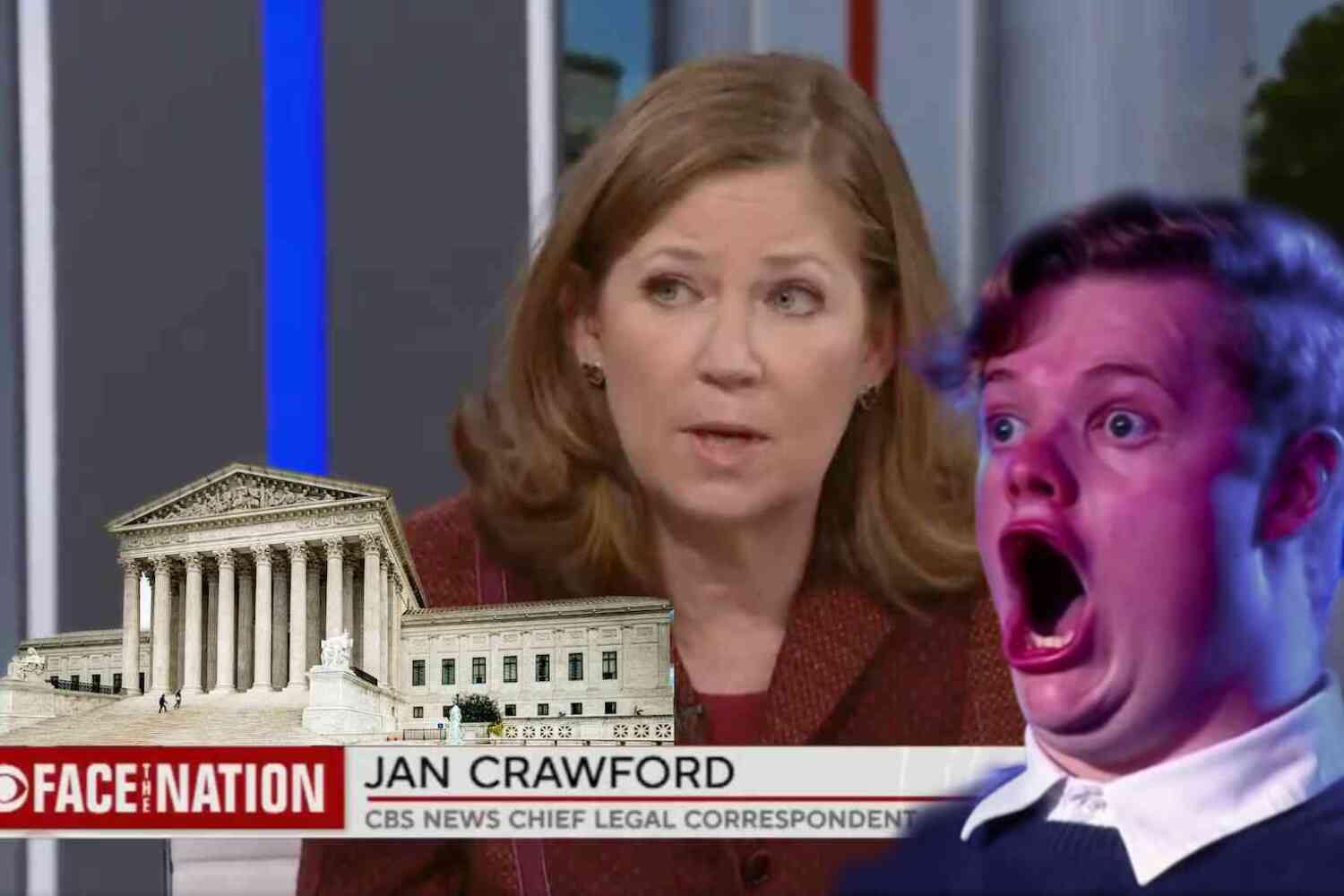I suppose if you're going to put together a compilation of your best interviews in which you specifically exclude any you did with black people, you might as well go all the way and call it "The Masters."
None of his comments, made during a lengthy interview with The New York Times, were slips of the tongue or "badly chosen words" as he will try to explain in his ritual apology addressed later. No, he thought this through very carefully. These are his beliefs.
Marchese asked Wenner to further explain the selection process, which is addressed in the book's introduction where he writes that performers of color and female performers are not in his zeitgeist. "When I was referring to the zeitgeist, I was referring to Black performers, not to the female performers, OK? Just to get that accurate."
I find it fascinating that it was important to him to make this distinction. I feel like a therapist could make a career out of disentangling that one.
"The selection was not a deliberate selection. It was kind of intuitive over the years; it just fell together that way. The people had to meet a couple criteria, but it was just kind of my personal interest and love of them. Insofar as the women, just none of them were as articulate enough on this intellectual level," he said.

Marchese pushed back on that assertion by citing Joni Mitchell. "It's not that they're not creative geniuses. It's not that they're inarticulate, although, go have a deep conversation with Grace Slick or Janis Joplin. Please, be my guest." ...The people I interviewed were the kind of philosophers of rock," said Wenner. "Of Black artists — you know, Stevie Wonder, genius, right? I suppose when you use a word as broad as ‘masters,' the fault is using that word. Maybe Marvin Gaye, or Curtis Mayfield? I mean, they just didn't articulate at that level."
I would like to note here that Wenner is free to include anybody he likes in his own book. If the handful of white artists (all top-tier to be sure) are the ones who resonated with him, fine. You don't need to defend that.
And yet, you do. In the world Jann Wenner helped create and propagate, you do. Every choice must be race-based and quota-driven. He knows that, too. He admitted as much in the interview.
He said that he could have reconsidered his position and "just for public relations sake, maybe I should have gone and found one Black and one woman artist to include here...
As bad as that is, as awful as it is to overtly point out that maybe he should have chosen people solely based on their race, it gets worse.
...that didn't measure up to that same historical standard, just to avert this kind of criticism. ...I wish in retrospect I could have interviewed Marvin Gaye. Maybe he'd have been the guy. Maybe Otis Redding, had he lived, would have been the guy."
He is saying, for optics, to avoid the situation he finds himself in, maybe he should have engaged in tokenism and thrown in a black person or woman who couldn't otherwise make it on merit.
In other words, he says the quiet part out loud, the part so many on the left think, the reason why they feel compelled to "help."
They don't think these people who are not them can make it on their own.

You rarely get a peek behind the curtain like this. This is how these people talk. This is life in the bubble, as pointed out by Joe Hagan, author of a 2017 biography of Wenner in a piece in the Washington Post.
"The thing about Jann, the thing that made him successful but also is his Achilles' heel, is that he's a narcissist who lacks self-awareness," said Hagan, a writer for Vanity Fair, in an interview. "This is how he talks inside the bubble he lives in. He receives a lot of affirmation for it, and he thinks it's okay."
(Incidentally Hagan and Wenner had a falling out shortly after the book was published, as Wenner found it tawdry. As far as I can tell, Hagan did not seem to think it important at the time or since to reveal anything about "how [Wenner] talks inside the bubble he lives in.")
The Post kind of glosses over this and moves on, but if you pay attention to Hagan's words, he revealed much. He is not talking about, unintentionally or not, just Wenner's world, but the progressive media industrial complex in general. That's "the bubble he lives in." The people at the Post are part of it, too, but they don't see it that way. They think this is just a Wenner thing. It's not.
Wenner did all the right things, performatively, up to this point. Remember that progressive favorite, the UVA rape hoax? It had nearly everything, violence against women, classism, it was short only racism for the progressive trifecta. It was perfect.
Except for being wrong.
That did not stop Wenner from defending it. In that same interview with The Times.
Pay attention to how he explains this. It tells you everything.
"The University of Virginia story was not a failure of intent, or an attempt to be loose with the facts," Wenner told The New York Times last week. "You get beyond the factual errors that sank that story, and it was really about the issue of rape and how it affects women on campus, their lack of rights. Other than this one key fact that the rape described actually was a fabrication of this woman, the rest of the story was bulletproof."
The story was false, but the narrative was true. That's what makes it okay.
And that's how you know he totally defends women! He is an ally! He does the work!
And he thinks none of them are particularly articulate.
As for the ritual apology.
"In my interview with The New York Times I made comments that diminished the contributions, genius and impact of Black and women artists and I apologize wholeheartedly for those remarks," Wenner said late Saturday in a statement through his publisher, Little, Brown and Company.
I picture Wenner sitting in a basement of Little, Brown and Company, with a single light bulb illuminating his gaunt face, gun held to his head.
"Apologize harder!"
Wenner said the interviews in the book "were not meant to represent the whole of music and it's diverse and important originators" but rather to "reflect the high points" of his career.
"I totally understand the inflammatory nature of badly chosen words and deeply apologize and accept the consequences," he added.
Naturally he was booted off the board of the Rock & Roll Hall of Fame and his own son, now running Rolling Stone, denounced his comments.
And so the left gets another scalp from one of their own.
While he could have easily explained his choices, could have gotten through this largely unscathed, he revealed what he, and so many of this compatriots and soldiers in arms believe, and so ended up getting caught up in the cancel culture he helped create.
I know people like this; I'm sure you do, too. They have the yard signs, they sit dutifully in their corporate DEI training sessions and say all the right things.
And they don't want black people living next to them.
Racism does exist in this country, but not where the people screaming "systemic!" think it is.
It's right in their own back yard. They know it, too. That's why they scream the loudest.
They're screaming at themselves.
P.S. Now check out our latest video 👇









